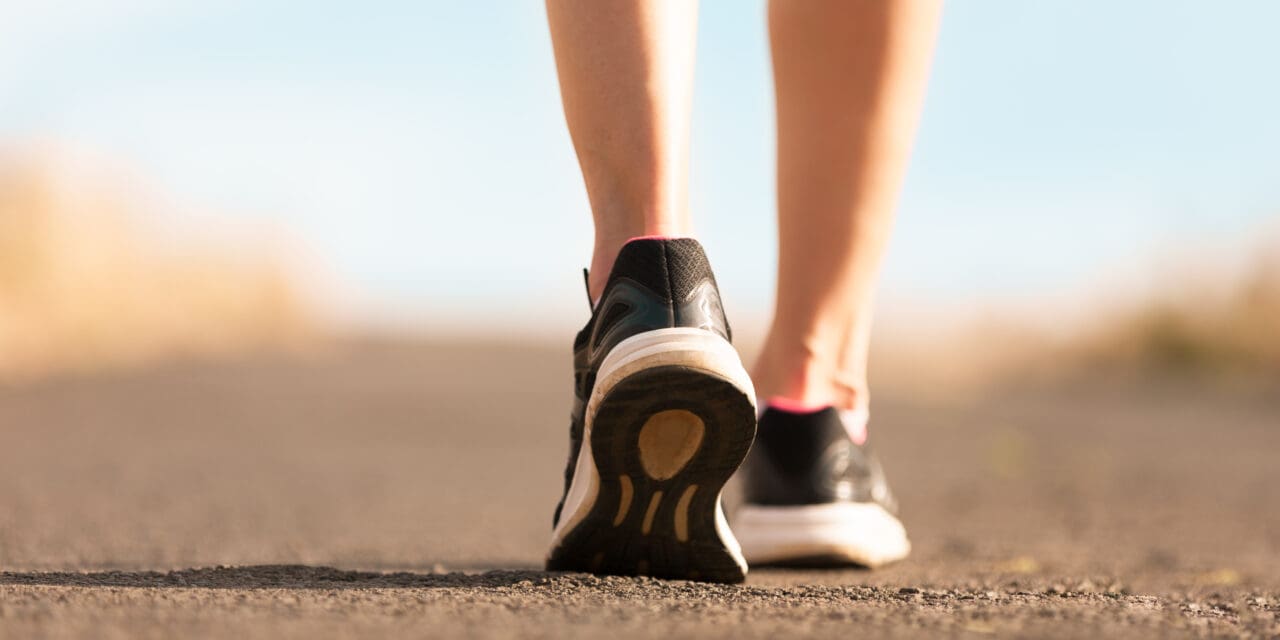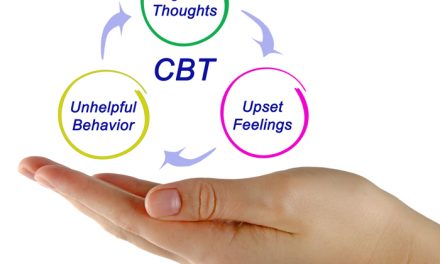Here’s an experience you may find familiar.
You are sitting at your desk or on your couch or in your car, and all of a sudden you feel yourself tensing up. Maybe you are experiencing some anxiety. Perhaps you are having cravings for drugs or alcohol. Maybe you are just feeling restless.
Whatever the cause of the sudden tension, it can be tempting to try to just power through it. Like everyone, you are busy, so you need to stay at your desk. Or you are trying to relax, so you want to stay put on the couch. Or you are in a hurry to get from here to there, so you don’t want to stop driving.
Sometimes, those reactions are just fine. You might be able to distract yourself from the feelings that have welled up. But sometimes—maybe even often—those feelings of tension, anxiety, or desire for drugs or alcohol prove to be hard to shake.
In those cases, you need a strategy to address what you are experiencing. One option? You could get up and take a walk.
Walking offers a whole gamut of benefits for your physical health, your mental well-being, and your recovery. Let’s take a look at some of the ways in which a walk can change the course of your day.
First, an Important Note
Some people—perhaps you yourself—have mobility issues of one kind or another that limit (or prevent) their ability to walk. We believe aspects of the following advice can still be helpful to those who may not be able to walk in the ways many of us take for granted.
The Benefits of Walking for Your Body and Mind
Let’s start with perhaps the most obvious benefit of taking time to walk: It is good for your physical health. Walking is, of course, a form of exercise—and exercise is, of course, good for your body.
But that is just the beginning of the potential benefits of taking a nice stroll or a brisk turn around the block.
When you walk outside, you can enjoy the sunlight, which can boost your mood simply because it is cheering to get out into the natural world on a sunny day. But it goes deeper than that. Sunlight provides your body with vitamin D, which supports your mood (and provides other health benefits as well).
Walking can also provide an opportunity for you to bring your attention into the present moment by focusing on what you can see, hear, feel, and smell (and even taste if you take a beverage along). This sort of walking mindfulness exercise can help calm your anxieties and may well see you through a bout of cravings, too.
You might be worried that we are suggesting long, exhausting walks that eat up your day and wear you out. But that is not what we are suggesting at all! Instead, we are encouraging you to consider a 10-minute jaunt at moments when you are feeling anxious or your cravings seem hard to manage. A few short walks a day can really add up—giving you a break from constantly sitting and providing the aforementioned benefits for your physical and mental health.
So get up from your desk or couch. Pull your car into a nearby park and soak in the environment. Walk to your neighborhood coffee shop instead of driving. Adding steps to your day can subtract from your overall levels of anxiety, stress, and cravings.
Sometimes You Can’t Just Walk It Off
Did you ever have a coach or a parent suggest that you “walk off” an injury or a bad mood? Sometimes, that actually works. But not always.
And the same is true when it comes to walking as a strategy for lessening anxiety or cravings. Sometimes, it will work. But not always.
That is why it is important to have a set of strategies and resources you can access in difficult moments. The short walk can be a useful tool in your toolkit—but not the only tool.
Take the First Step Toward Recovery at The Aviary Recovery Center
Every journey starts with a single step. If you are struggling with drugs or alcohol, your first step should be toward treatment at The Aviary Recovery Center in Kirkwood, Missouri. We will see you through medically supervised detox, offer strategies and resources and support via our rehabilitation program (which can also address co-occurring mental health disorders like anxiety), and keep the support coming via our promise of a continuum of care.
When you are in the grips of a substance use disorder, it can seem like you will never find your way back to sobriety—but that does not have to be true. Let The Aviary help you find the path back to your life.










